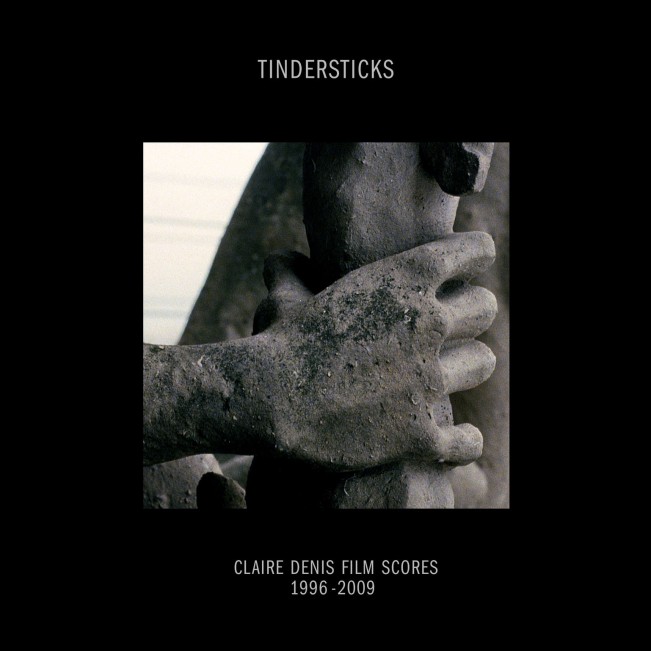

By Ray Pride Pride@moviecitynews.com
More music and notes from “Tindersticks: Claire Denis Film Scores”
Another clip demonstrating how Tindersticks‘ music suits Claire Denis‘ films, this time from 2010’s White Material, in anticipation of the epic “Tindersticks: Claire Denis Film Scores (1996-2009).” Even tastier, CST Records offers a fistful of downloads: “Children’s Theme,” from White Material; “Le Rallye,” from Vendredi Soir; “The Black Mountain,” from L’intrus; and “Opening” from 35 Rhums. The Soundcloud streaming sampler is here. Tindersticks’ website is here. More information on the CDs/albums and pre-order from CST here.
In a reminiscence of how their collaboration works, bandleader Stuart A. Staples offers: “We had this thing about Miles’ Ascenseur pour l’echafaud. Passing through Paris he stopped off at the studio with the band and recorded the score right there and then, in a day, watching the film for the first time and reacting musically. Seemed like a good place to start. I suppose the essence was there, that’s how we began, and after a few fumbling months we delivered the music for Nenette et Boni, nervously. That’s how it all started, maybe we just got on, had some kind of understanding; we have never really talked about it. I was told she said in an interview that we understand the films before she does; maybe that’s true in some way, but I think she was just being gracious. Approaching each film has always asked us to step into an unknown, stretch ourselves and do things we did not think we were able. At the end we always feel changed in some way. This has fed into all our other music and is a contributing factor to why we’re still struggling to catch our ideas after all these years, still frustrated and fascinated in equal measure. Other people have asked us to score their films, but we always reached a point where we realised that the freedom and conversation Claire affords (and expects from) us is not there, and then it becomes something different, making music for money–something we’re well aware we have never been very good at.”















